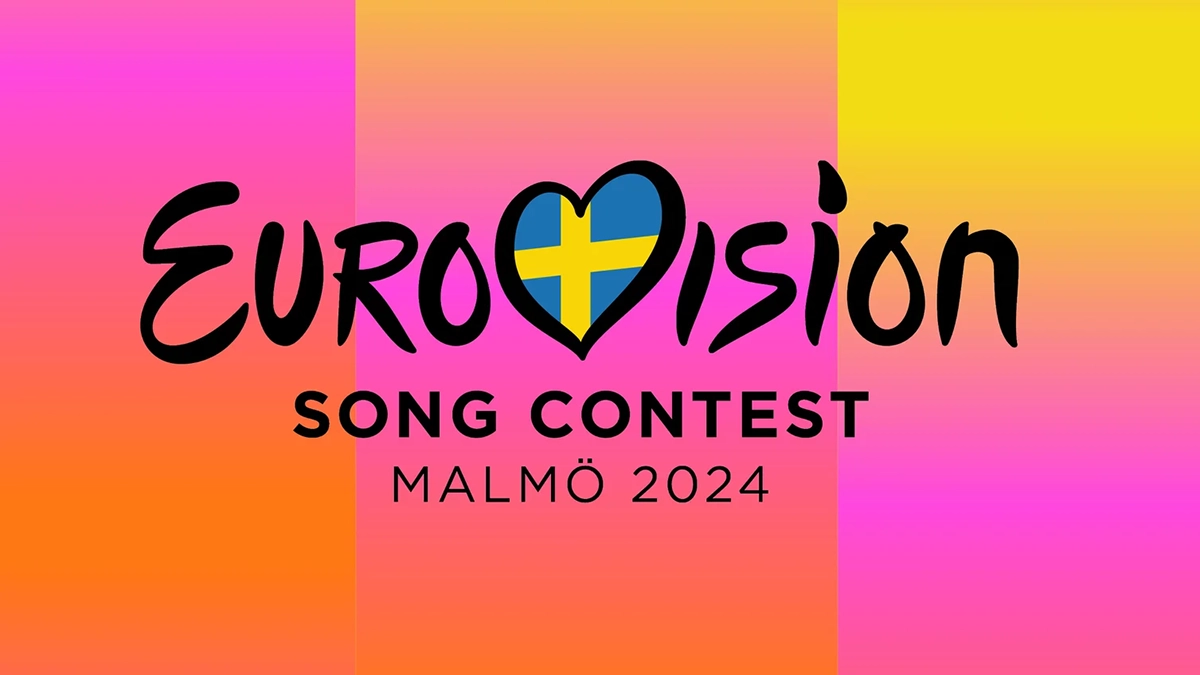
The Intersection of Politics, Religion, and Eurovision in the Israeli-Palestinian Conflict
Explore the role of European Christian fundamentalists in the Israeli-Palestinian conflict and their support of Israel in Eurovision.
The European Christian Fundamentalist and the Israeli-Palestinian Conflict
There is a growing concern over the role of European Christian fundamentalists in the Israeli-Palestinian conflict. These individuals, who are staunch supporters of Israel, often turn a blind eye to the human rights abuses and bloodshed that occur in Palestine. This issue recently came to light when Norwegian Dagen editor, Vebjørn Selbekk, proudly admitted to voting for Israel in the Eurovision Song Contest multiple times.
Selbekk gained widespread recognition in Norway and internationally when, in 2006, he republished a facsimile of the Jyllands-Posten Muhammad cartoons as the editor of the Christian newspaper Dagen Magazinet, leading to a significant incident and subsequent controversy.
The Eurovision Controversy
The Eurovision Song Contest, one of the most popular television events in Europe, has become a platform for political tensions and debates. While the European Broadcasting Union (EBU), the organization behind Eurovision, claims that the event is apolitical, the reality is quite different. The controversy surrounding Israel’s participation in Eurovision highlights the complex dynamics between politics, religion, and entertainment.
The Role of European Christian Fundamentalists
European Christian fundamentalists, like Vebjørn Selbekk, are known for their unwavering support of Israel. These individuals often prioritise their religious beliefs over the human rights concerns and violence that occur in Palestine. Their actions, such as voting multiple times for Israel in Eurovision, demonstrate their allegiance to the Israeli cause.
It is important to note that not all European Christians share this perspective. Many Christians advocate for peace, justice, and the rights of all individuals involved in the Israeli-Palestinian conflict. However, the vocal minority of Christian fundamentalists who support Israel without question can have a significant impact on public opinion and political decisions.
The Impact on Eurovision
The controversy surrounding Israel’s participation in Eurovision raises questions about the integrity and fairness of the competition. The EBU, as the governing body of Eurovision, has a responsibility to ensure that the event remains free from political influence. However, the EBU’s response to the situation has been inconsistent.
While the EBU claims that Eurovision is a non-political event, its handling of the Russian entry in 2017 suggests otherwise. When Russia’s contestant violated Ukrainian law by performing in Crimea, the EBU banned her from participating in the competition. This decision was seen as a clear political statement.
However, when it comes to Israel’s actions in Palestine, the EBU seems to turn a blind eye. The fact that Palestine is not a member of the EBU may explain this discrepancy, but it does not justify it. The EBU’s failure to address the concerns raised by Israel’s participation in Eurovision undermines the credibility and fairness of the competition.
If Israel were to win Eurovision, the EBU would face a significant problem. The victory would be seen as a validation of Israel’s policies and actions in Palestine, further polarizing public opinion and potentially alienating a significant portion of the Eurovision audience.
The Future of Eurovision
The controversy surrounding Israel’s participation in Eurovision has the potential to change the competition as we know it. If the EBU continues to ignore the concerns raised by European Christian fundamentalists and others who question Israel’s involvement, it risks losing the trust and support of its audience.
It is essential for the EBU to address the political implications of Eurovision and ensure that the competition remains a platform for unity, diversity, and celebration of music. This can only be achieved by implementing consistent rules and guidelines that prevent political controversies from overshadowing the event.
Furthermore, it is crucial for individuals, regardless of their religious or political beliefs, to engage in open and respectful dialogue about the Israeli-Palestinian conflict. By fostering understanding and empathy, we can work towards a peaceful resolution and create a more inclusive Eurovision that truly represents the values of Europe.
In conclusion, the role of European Christian fundamentalists in the Israeli-Palestinian conflict and their support of Israel in Eurovision raises important questions about the intersection of politics, religion, and entertainment. The EBU must address these concerns and ensure that Eurovision remains a fair and politically neutral competition. Additionally, open and respectful dialogue is essential in working towards a peaceful resolution of the Israeli-Palestinian conflict.







